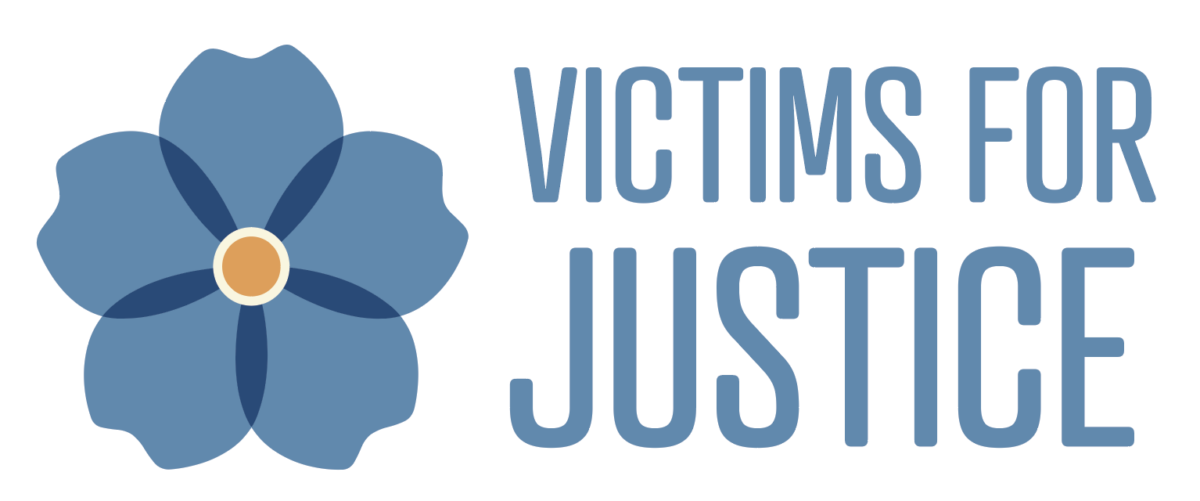Neighborhood Policing, is it in place in your community?
In every neighborhood, there is risk someone will become a victim of a crime. According to recent Anchorage statistics, for years, property crime and theft have increased in suburban neighborhoods. While police are still the best deterrent, it is impossible for them to be in every neighborhood at all hours of the day. This is why some areas have turned to neighborhood watches to help fill in the gaps. Victims For Justice Intern, Taylor Marrufo, interviewed her local neighborhood watch to learn more about these programs and how they help community members feel safe and report suspicious activity. Here is what she learned:
- What is a neighborhood watch?
Neighborhood Crime Watch is a Crime Prevention Program of the Anchorage Police Department. It’s one the most effective and least expensive ways of reducing and/or preventing crimes in residential areas. This program is designed not only for citizens to help local police, but it also gives a sense of peace, safety, and security in the neighborhood. The program also helps to improve communications between neighbors by implementing an appropriate level of neighbor involvement to a point where burglaries and other property crimes can be prevented.
- What are the goals for having a neighborhood watch in your community?
- Increase awareness of the crime of burglary and other property crimes.
- Implement various safety and residential security strategies to make homes more secure and less likely to be targeted.
- Help neighbors recognize signs of suspicious and criminal activity and how to properly report them to the police.
- How do we start a neighborhood watch?
The first thing people need to do is talk with their neighbors to find out who wants to be part of it. Neighbors will need to decide the boundaries of the watch area. It’s recommended each neighborhood should watch no more than 20 houses. After that, all neighbors need to have a one-hour meeting, at least once a week, to discuss any issues or news within their community. Afterwards, they would then report such activities to the police.
- For those who participate in the neighborhood watch, should they wear uniforms?
“I think everyone should wear a reflective vest. If it’s dark out, we won’t be able to see if it’s one of our neighbors or someone else.” – Robert N.
- If there is suspicious activity on your street, do you want to confront the situation?
“No. I think the police should stick with that. If there was something going on in the neighborhood, I would feel more comfortable if the police handled it. Plus, if the person has a gun, then I definitely want the police to be here.” – Scott L.
- For those who are patrolling, do you want them to inform you beforehand?
“I don’t think that’s necessary. There’s a lot of us on our street. It would be a waste of time if one person had to call everyone just to let them know they’ll be outside patrolling.” – Spenard Resident
- What changes do you want to make in the neighborhood watch?
“To be honest, I don’t know if there should be any changes to the neighborhood watch. We’re still kind of new to this, but I think it’s been successful. Everyone feels safer knowing others are keeping an eye on the neighborhood.” – Jewel Lake Resident
The main goal for having a neighborhood watch is to help keep you and your neighbors safe. Although the police are there to help patrol and keep everyone safe, they can’t be in every single neighborhood all day, every day. With the help of all neighbors, anyone can report suspicious activity and the police will be on route to keep the public safe.
By: Taylor Marrufo

Recent Comments